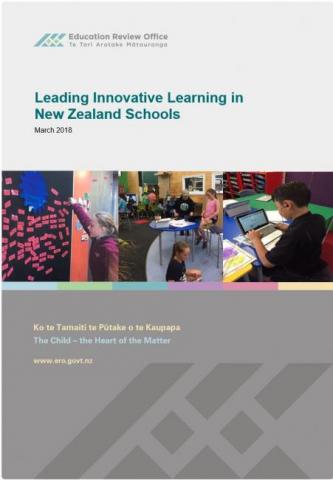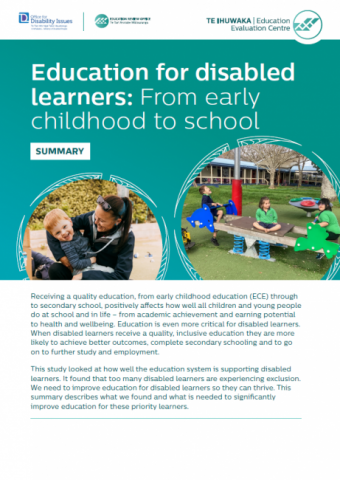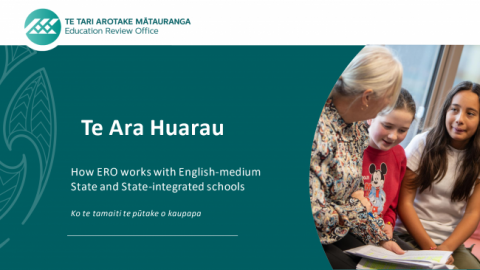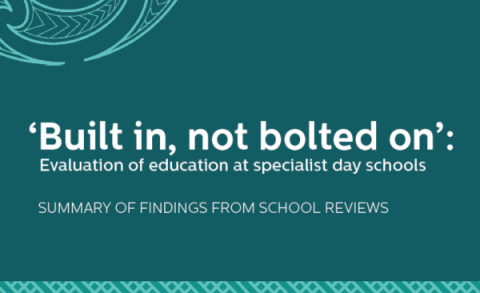Social Workers in Schools make a difference in and out of the classroom
Published: 17 Apr 2020
This ERO case study is part of a wider research by Oranga Tamariki to assess the benefits of SWiS, a government-funded service provided in most decile 1-3 primary and intermediate schools.
- Audience:
- Academics
- Early learning
- Education
- Māori-medium
- Parents
- Schools
- Content type:
- News article

















